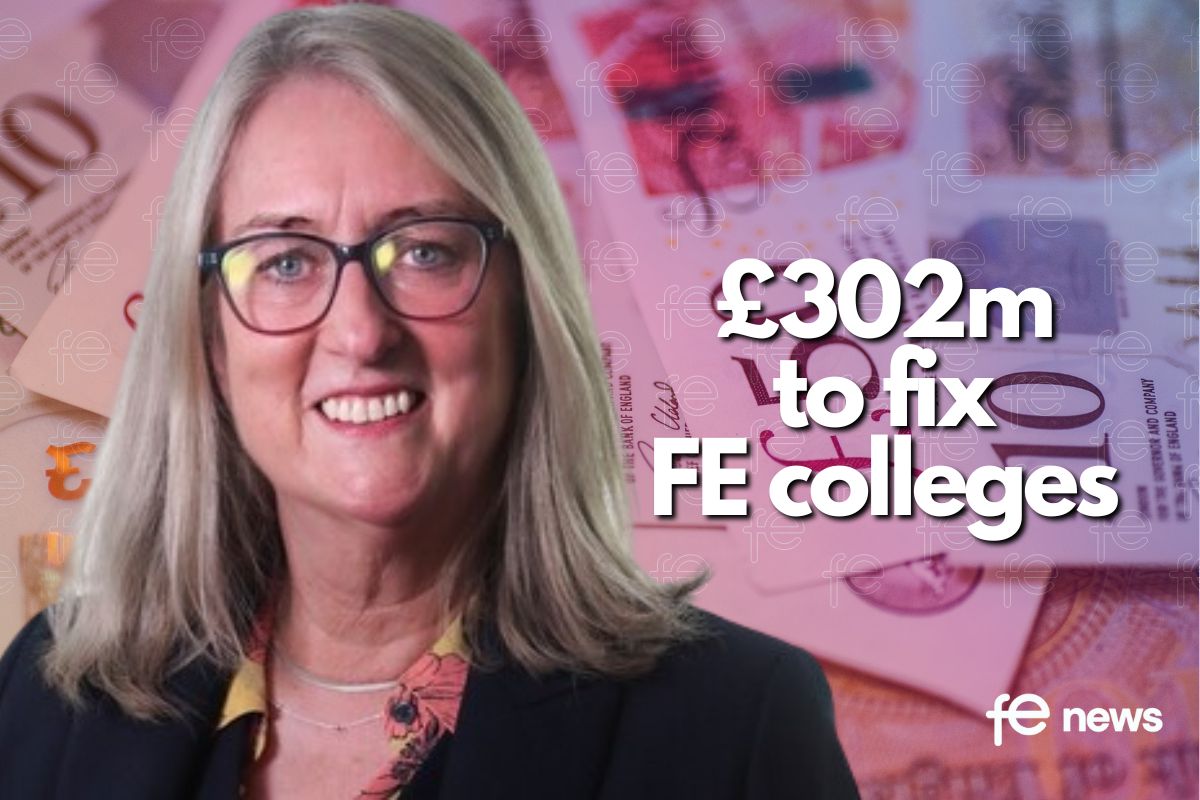“Foolish and self-destructive”: UK and European students urge UK Government to re-join Erasmus+ amidst criticisms of the UK’s Turing scheme

Earlier this week, the European Students Union (ESU) passed a resolution that called upon the UK to reassociate with Erasmus+, calling the Turing scheme a “poor substitute”.
The resolution passed by ESU that urged the UK Government to reassociate itself with Erasmus+ was put forward by NUS Scotland President, Ellie Gomersall, representing NUS UK.
On withdrawing from the European Union in 2020, the UK Government also disassociated themselves from Erasmus+, the European exchange scheme that facilitates students studying abroad at no extra cost to themselves. Since then, the UK Government has established its own exchange program; the Turing scheme.
Previously, Gomersall presented evidence to the House of Lords that the Turing scheme was an insufficient replacement of Erasmus+ due to its lack of support for widening access students, no exchange opportunities for staff, and, fundamentally, because it does not provide opportunities for international students to study in the UK. As it is, the number of new EU students enrolled in UK institutions has dropped by 53% from 2020/21 to 2021/22.
ESU noted that the decision to leave Erasmus+ was condemned by the Scottish and Welsh Governments at the time, as well as by students across the UK and Europe, who viewed the scheme as mutually beneficial, and the decision to leave it “foolish and self-destructive”.
The resolution was passed on Europe day, just one week after NUS Scotland’s first ever Celebrating International Students Week.
The full resolution is available here.
Bernie Savage, NUS UK Vice President for Further Education, commented:
“We are pleased that ESU recognises the importance of the UK re-joining Erasmus+.
“At NUS, we believe that anyone who wants an education in the UK should be able to get one. The UK is a great place to study, and our education system is only improved by the presence of international students.
“I am particularly concerned that the Turing scheme is unsupportive of exchanges in further education colleges. Although in theory, the scheme is supposed to support further education students and apprentices to study abroad, in practice it disproportionately supports students in higher education.
“NUS UK joins ESU in urging the UK Government and the European Commission to reopen negotiations regarding Erasmus+ and to work constructively to reinstate the UK as a full member of the programme.”











Responses